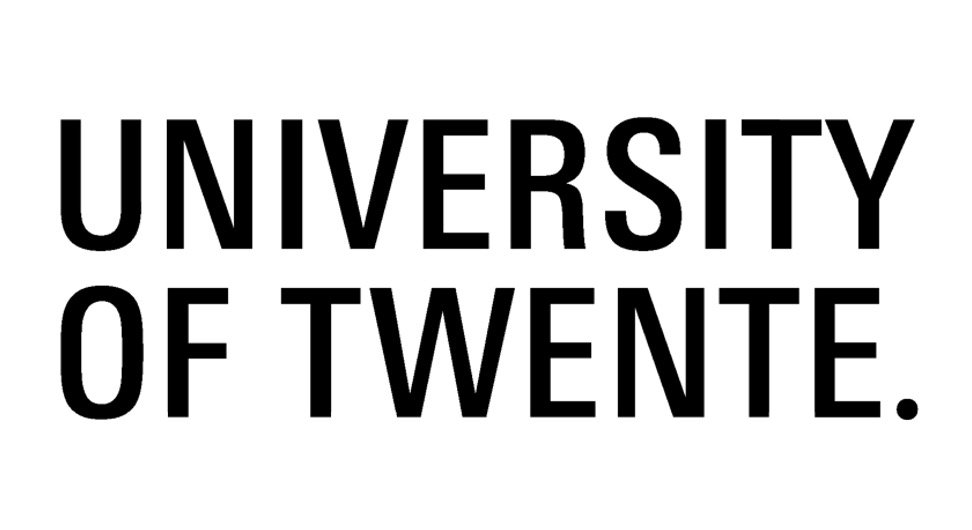How to Search for Research Jobs in Your Field: Tools and Tips
- Home
- Career Advice
- Current Page
How to Search for Research Jobs in Your Field: Tools and Tips

Embarking on the journey to find a research job in your field can be both exciting and overwhelming. Whether you’re a recent graduate, a postdoctoral fellow, or an experienced professional looking for a new opportunity, having a clear strategy can make all the difference.
This article breaks down practical tools and tips to streamline your job search and increase your chances of landing the perfect position.
Subscribe for our newsletter to receive exclusive job alerts!
1. Define Your Career Goals
Before diving into job boards and applications, take a step back to evaluate your career objectives.
Identify Your Interests:
Are you passionate about basic research, applied research, or industry-focused roles? Narrowing down your interests will help target the right opportunities.
Set Short- and Long-Term Goals:
Consider where you want to be in 1–5 years. Do you aim to secure a tenure-track academic position, work in biotech, or contribute to policy research?
Know Your Non-Negotiables:
Decide on key factors like location, salary expectations, and work-life balance.
2. Use Dedicated Research Job Portals
Many platforms cater specifically to research and academic positions. Here are some must-visit websites:
ResearchTweet: Perfect for jobs in biology, chemistry, and other STEM fields.
Nature Careers: Offers global research job listings and advice.
AcademicPositions: Posts job openings in universities in Europes.
AcademicBard: Ideal for funded PhD programs.
University Career Pages: Explore job postings on university websites, which often list roles not advertised elsewhere.
3. Network Strategically
Building a professional network is often the most effective way to uncover hidden opportunities.
Attend Conferences and Seminars:
- Industry and academic events provide direct access to hiring managers and peers in your field.
Leverage LinkedIn:
- Optimize your profile with keywords like “Research Scientist” or “Postdoctoral Fellow.”
- Actively engage with posts in your field and connect with professionals in organizations you admire.
Join Professional Societies:
- Memberships in organizations like the American Chemical Society or the American Educational Research Association can provide exclusive job boards and networking events.
4. Create a Strong Online Presence
In today’s digital age, your online profile can act as a virtual resume.
Maintain a ResearchGate Profile:
- Showcase your publications, skills, and research interests.
Update Your LinkedIn Profile:
- Use an engaging headline, highlight key achievements, and list relevant skills.
Develop a Personal Website:
- Include your CV, research portfolio, and contact information to stand out.
5. Customize Your Applications
Tailoring your application to each position significantly increases your chances of being shortlisted.
Personalize Your Cover Letter:
- Address the hiring manager by name and highlight why you’re a great fit for the role.
Optimize Your CV/Resume:
- Emphasize relevant skills and achievements.
- Use keywords from the job description.
Provide a Research Statement:
- For academic roles, this is your chance to articulate your vision and future research plans.
6. Leverage AI and Job Search Tools
Technology can make your job search more efficient.
AI Writing Tools:
- Platforms like Resumebuilder, Resume can help refine your CV and cover letter.
Email Alerts:
- Set up alerts on job boards to get notified about new postings in your field.
AI Interview Practice:
- Use tools like HuruAI, SkilloraAI for Jobs interview warmup.
Join our email list to receive job alerts directly in your inbox!
7. Prepare for Interviews
Once you’ve secured an interview, preparation is key.
Research the Organization:
- Understand its mission, recent projects, and key personnel.
Practice Common Questions:
- “What motivates you to apply for this position?”
- “Describe a challenging research problem you’ve solved.”
Prepare Questions for the Interviewer:
- “What are the immediate goals for this position?”
- “What opportunities exist for professional development?”
8. Stay Persistent and Positive
Rejections are a natural part of the job search process. Use them as learning opportunities and keep refining your approach.
Seek Feedback:
- If you’re rejected, politely ask for feedback to improve your applications.
Celebrate Small Wins:
- Landing an interview or receiving a personalized reply is progress worth celebrating.
Finding the right research job requires a mix of strategic planning, networking, and persistence. By defining your goals, leveraging tools and resources, and crafting strong applications, you’ll be well on your way to securing the position that aligns with your aspirations.




